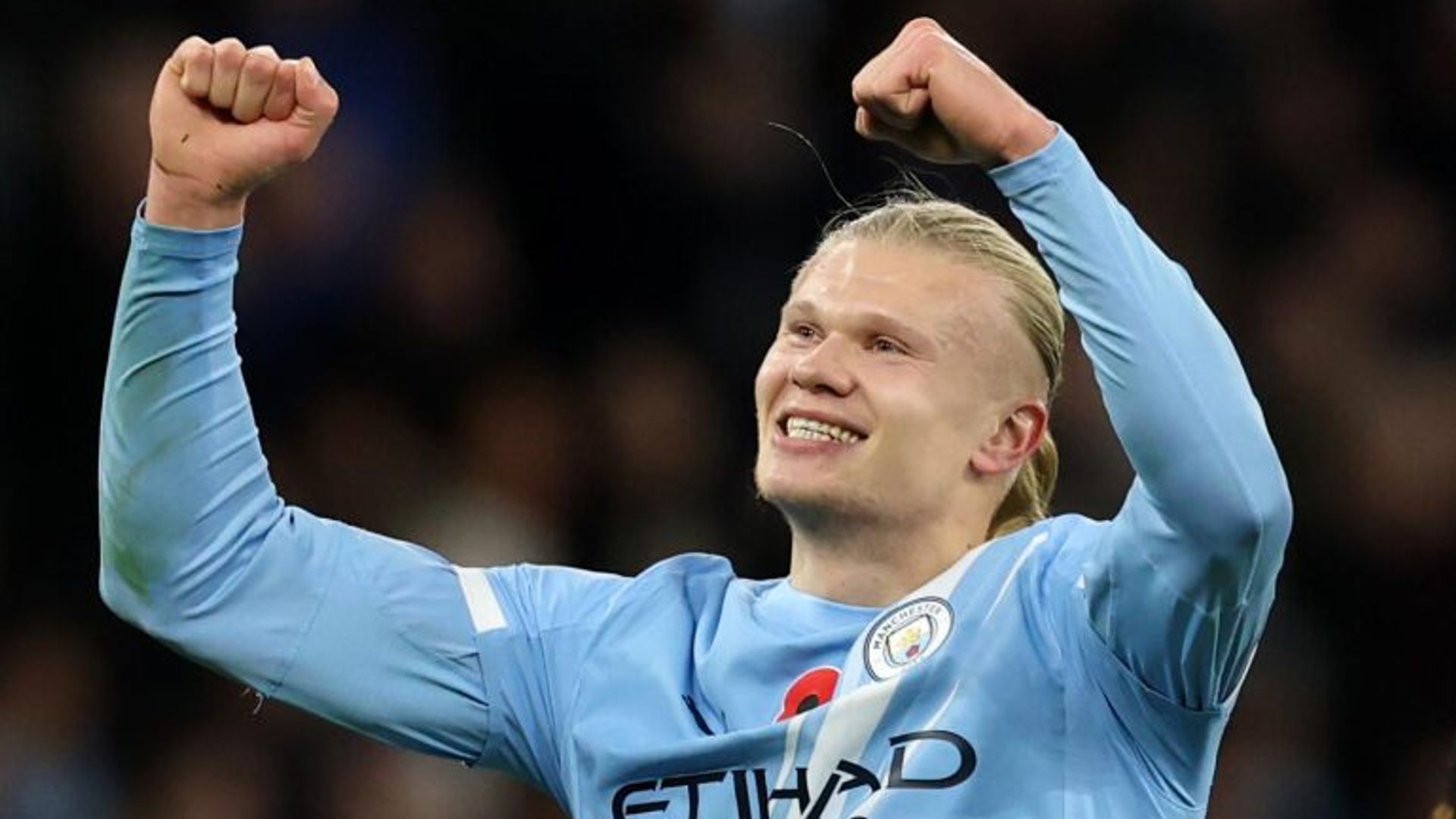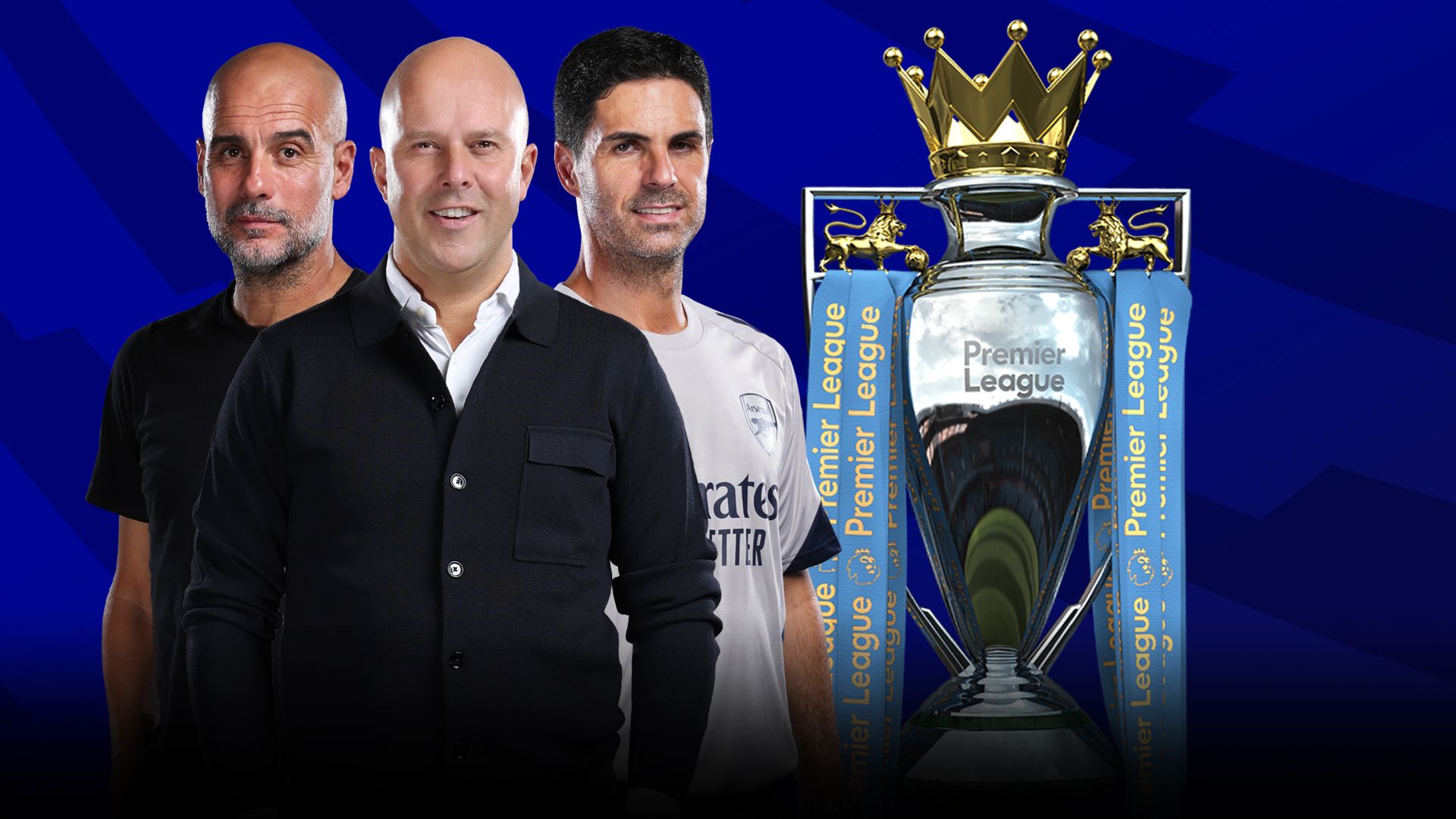Erling Haaland’s Dominance at Manchester City Mirrors Political Tyranny, as Bournemouth Falls Victim to the Unstoppable Force of Wealth and Power in Football
Manchester City’s recent ascent in the Premier League, marked by their 3-1 victory over Bournemouth, has reignited discussions surrounding the implications of wealth and power in modern football. The match showcased Erling Haaland’s extraordinary talent, as he scored twice, further solidifying his reputation as one of the most formidable strikers in the world. However, this triumph is not merely a sporting achievement; it reflects broader themes of economic disparity and the monopolization of success in professional sports.
Manchester City, owned by the Abu Dhabi United Group since 2008, has transformed from a mid-table team into a global powerhouse. This transformation has been fueled by significant financial investment, allowing the club to attract top-tier talent, including Haaland, who has quickly become a key figure in their quest for dominance. The financial resources at City’s disposal have raised questions about the integrity of competition in the Premier League, where clubs with substantial backing can overshadow those with more modest means.
The match against Bournemouth was emblematic of this disparity. While Bournemouth, a club with a much smaller budget, fought valiantly, they were ultimately outmatched by City’s quality and depth. Haaland’s two goals not only secured the victory but also highlighted the chasm between the elite clubs and those struggling to survive in the top tier. This situation mirrors broader societal issues, where wealth concentration leads to unequal opportunities, whether in sports, politics, or economics.
Haaland’s rise to prominence has been meteoric. After joining City from Borussia Dortmund, he quickly adapted to the Premier League, showcasing a blend of speed, strength, and technical skill that few can rival. His ability to find the back of the net consistently has made him a focal point of City’s attacking strategy. However, his success also raises ethical questions about the nature of sporting achievement in an era where financial muscle often dictates outcomes.
Critics argue that the current state of football, particularly in leagues like the Premier League, resembles a form of oligarchy, where a few clubs dominate due to their financial clout. This concentration of power can lead to a lack of competitive balance, diminishing the excitement and unpredictability that are hallmarks of sport. Fans of smaller clubs often express frustration over the perceived futility of their support, knowing that their teams are unlikely to compete on equal footing with the likes of Manchester City.
Moreover, the influence of money in football extends beyond just player acquisitions. It shapes the very fabric of the sport, from broadcasting rights to sponsorship deals. Clubs like Manchester City benefit from lucrative partnerships that further enhance their financial stability, allowing them to invest in facilities, youth development, and global marketing strategies. This creates a feedback loop where success breeds more success, making it increasingly difficult for smaller clubs to break the cycle.
The implications of this financial disparity are profound. As clubs like Manchester City continue to thrive, the landscape of football may shift, leading to a homogenization of talent and style. The joy of unpredictability, where underdogs can triumph against giants, risks being lost in a system that rewards those with the deepest pockets. This concern is not limited to football; it reflects a broader societal trend where wealth accumulation often leads to power consolidation, leaving little room for those without resources.
As Manchester City continues to assert its dominance in the Premier League, the story of Erling Haaland serves as a reminder of the complexities surrounding success in modern sports. His individual brilliance is undeniable, yet it exists within a framework that raises significant ethical questions about equity and fairness. The ongoing debate about the role of money in football is likely to intensify, particularly as clubs and fans grapple with the implications of a system that increasingly favors the wealthy.
In the wake of City’s victory over Bournemouth, discussions about the future of the Premier League and the integrity of competition will undoubtedly continue. The narrative surrounding Haaland and his impact on the game will be scrutinized, as fans and analysts alike ponder the true cost of success in an era defined by financial disparity. The beautiful game, once celebrated for its unpredictability and passion, now faces challenges that could redefine its very essence, leaving many to wonder if the spirit of competition can survive in a world dominated by wealth and power.




